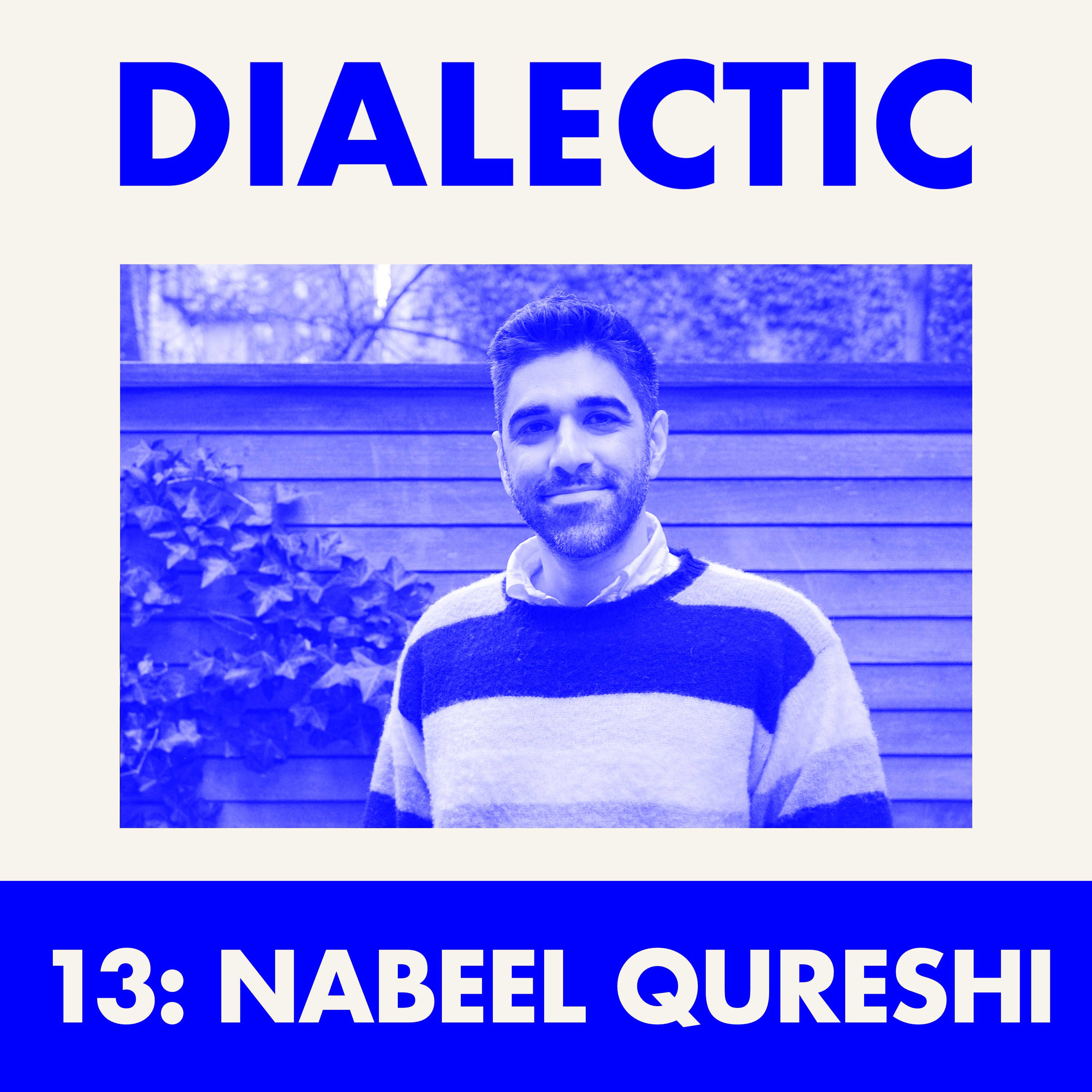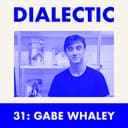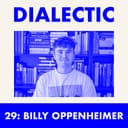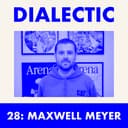
🏆 Leaderboard
Dialectic
from Loading...
Nabeel S. Qureshi (Website, X, Substack) is a writer, entrepreneur, and former Palantir product lead known for his writing on technology, AI, Palantir, culture, and learning. After a brief hiatus writing and researching and spending nearly a decade at Palantir working across government, healthcare, and intelligence, he's now founding a new company.The first half of the conversation focuses on two big ideas. First: the growth of "slop" across media and culture and how "care" is its opposite. Then: how to think, learn, and understand more deeply across domains over a lifetime. We discuss how both of these sit against the backdrop of AI's rapid challenging of what it means to make and what it means to think.Then we discuss Palantir and "grey areas" that many technologists avoid working on or thinking about, government bureaucracy and DOGE, and how technologists are pursuing and accumulating power. We also chat about Nabeel's idea maze ahead of the new company, art and what it is for, and a range of other topics that showcase how curious, polymathic, and considerate Nabeel is.As the world changes at a breakneck pace thanks to technology and AI, Nabeel embodies a deeply humanistic approach that also accepts change as the default. This conversation inspired me to embrace surprise and strangeness, especially in creativity; to push through the friction and temptation to accept the answers at face value and instead yearn to more deeply understand; and to pursue a life of growth, practice, and care.Full transcript with all linked references available here.Timestamps:(3:21): “The Opposite of Slop Is Care.”(4:15): Defining Slop (14:17): Do We Decide What We Care About? (20:16): Original Seeing and Intimacy as a Path to Care (24:05): Creativity, Craft, and Care in the Digital World and Physical World (28:24): The Human Moat and Practice (32:48): Can AIs Care? (35:52): Understanding Things Deeply and “The Will to Think” (39:52): School: Getting the Answer vs. Deeply Understanding (41:44): High-Dimensional Learning from Simulations (Games) and Reality (the Real World) (48:38): Moving Down from Abstraction: Be Specific (50:49): Karl Popper, Fallibilism, Tyler Cowen, and Fighting Intellectual Inertia (53:00): Slowing Down (56:00): Nabeel's Funnel for Information & Retention (59:18): Spaced Repetition (Flashcards) (1:01:09): Palantir, Duty, and Engaging in Political and Moral Gray Areas (1:07:06): Palantir's Culture of Independent Thinking: People Who Speak Their Mind but Aren't Douchebags (1:09:38): Government Bureaucracy, DOGE, Power (1:14:51): Why Can't Governments Be Better at Error Correction and Healthy Renewal? (1:17:02): Technologists and Power (1:23:47): Nabeel's Next Company and the Idea Maze: “Context Is That Which Is Scarce” (1:27:11): Scientist Brain vs. Founder Brain and Context vs. Details (1:30:17): Tolstoy, Shakespeare, and What Art Is For (1:34:02): Art for Defamiliarization (1:36:00): What Makes Film Special (1:37:15): Depth in Text and Other Mediums (1:40:32): Patterns Across Nabeel's Taste: The Unfamiliar (1:43:11): Lightning Round: Travel (1:44:37): Stories Nabeel Tells Himself (1:45:31): Agency and Being Told What to Do by AI (1:47:49): Negotiation and Creating Optionality (1:50:28): Palantir's Vocabulary (1:53:07): Lessons from Tyler Cowen (1:54:41): Fighting Inertia Key Links (all references available here)"We don't get a lot of things to really care about." (Pig, 2021)The opposite of slop is care. (Tweet Thread)PrinciplesHow To Understand Things Video Games are the Future of Education Notes On Karl PopperReflections on Palantir Dialectic with Jackson Dahl is available on all podcast platforms.Join the telegram channel for DialecticFollow Dialectic on TwitterFollow Dialectic on InstagramSubscribe to Dialectic on YouTube







